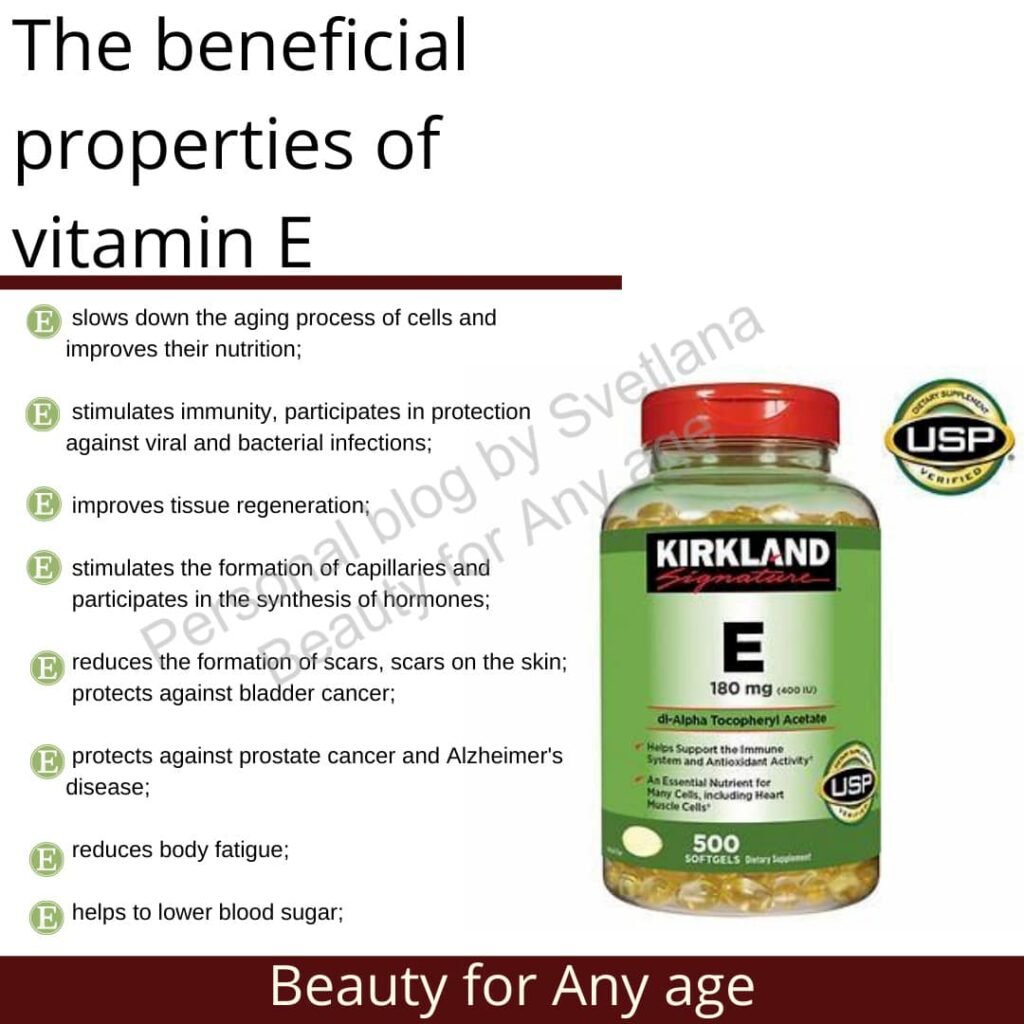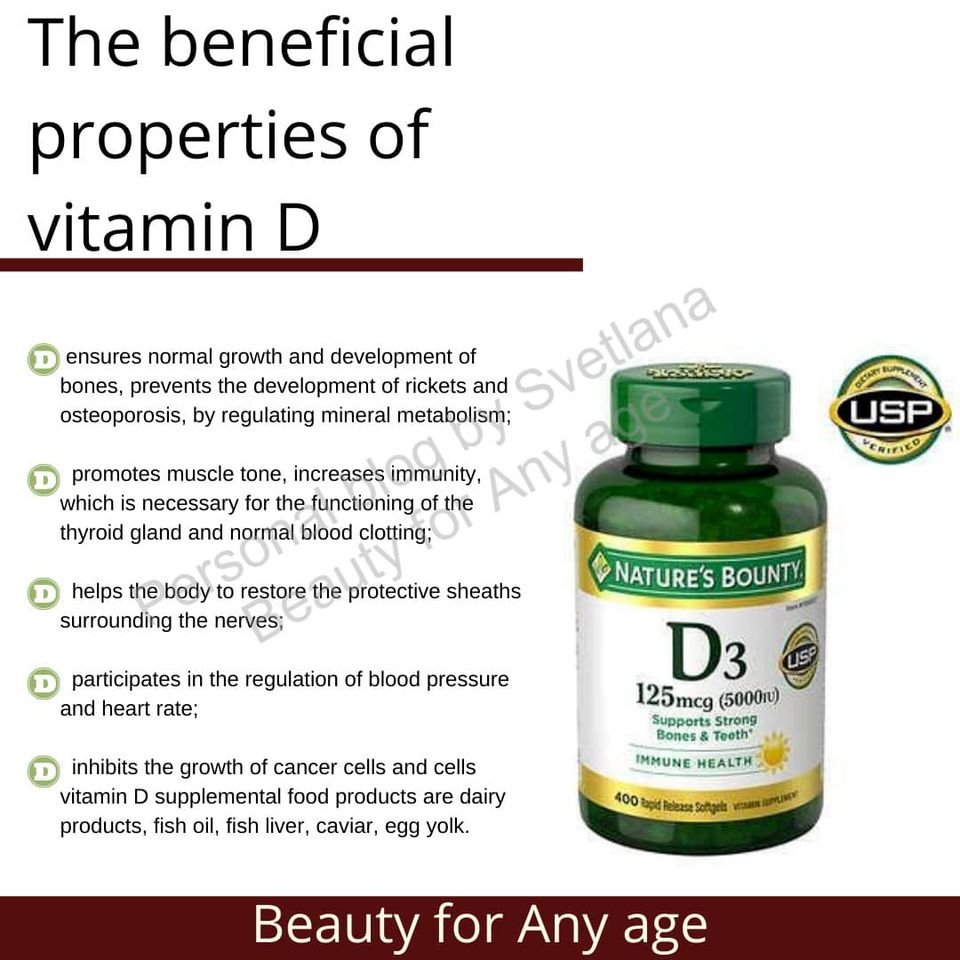🥑🥦Vitamins Е and D
Vitamin E is a powerful antioxidant;
– slows down the aging process of cells and improves their nutrition;
slows down the aging process of cells and improves their nutrition;
– stimulates immunity, participates in protection -against viral and bacterial infections;
stimulates immunity, participates in protection -against viral and bacterial infections;
– improves tissue regeneration;
improves tissue regeneration;
– stimulates the formation of capillaries and improves tone, vascular permeability;
stimulates the formation of capillaries and improves tone, vascular permeability;
– improves blood circulation;
improves blood circulation;
– protects the skin from ultraviolet rays;
protects the skin from ultraviolet rays;
– participates in the synthesis of hormones;
participates in the synthesis of hormones;
– reduces the formation of scars, scars on the skin;
reduces the formation of scars, scars on the skin;
– protects against bladder cancer;
protects against bladder cancer;
– protects against prostate cancer and Alzheimer’s disease;
protects against prostate cancer and Alzheimer’s disease;
– reduces body fatigue;
reduces body fatigue;
– helps to lower blood sugar;
helps to lower blood sugar;
– helps the normal functioning of the muscles.
helps the normal functioning of the muscles.
which are formed under the influence of ultraviolet rays in the skin and enter the human body with food.
– inhibits the growth of cancer cells and cells.
in small quantities.


Russian version
Share on facebook
Facebook
Share on whatsapp
WhatsApp
Share on telegram
Telegram
- +1 (704) 402-7955
- beautyforanyage@gmail.com
- USA
